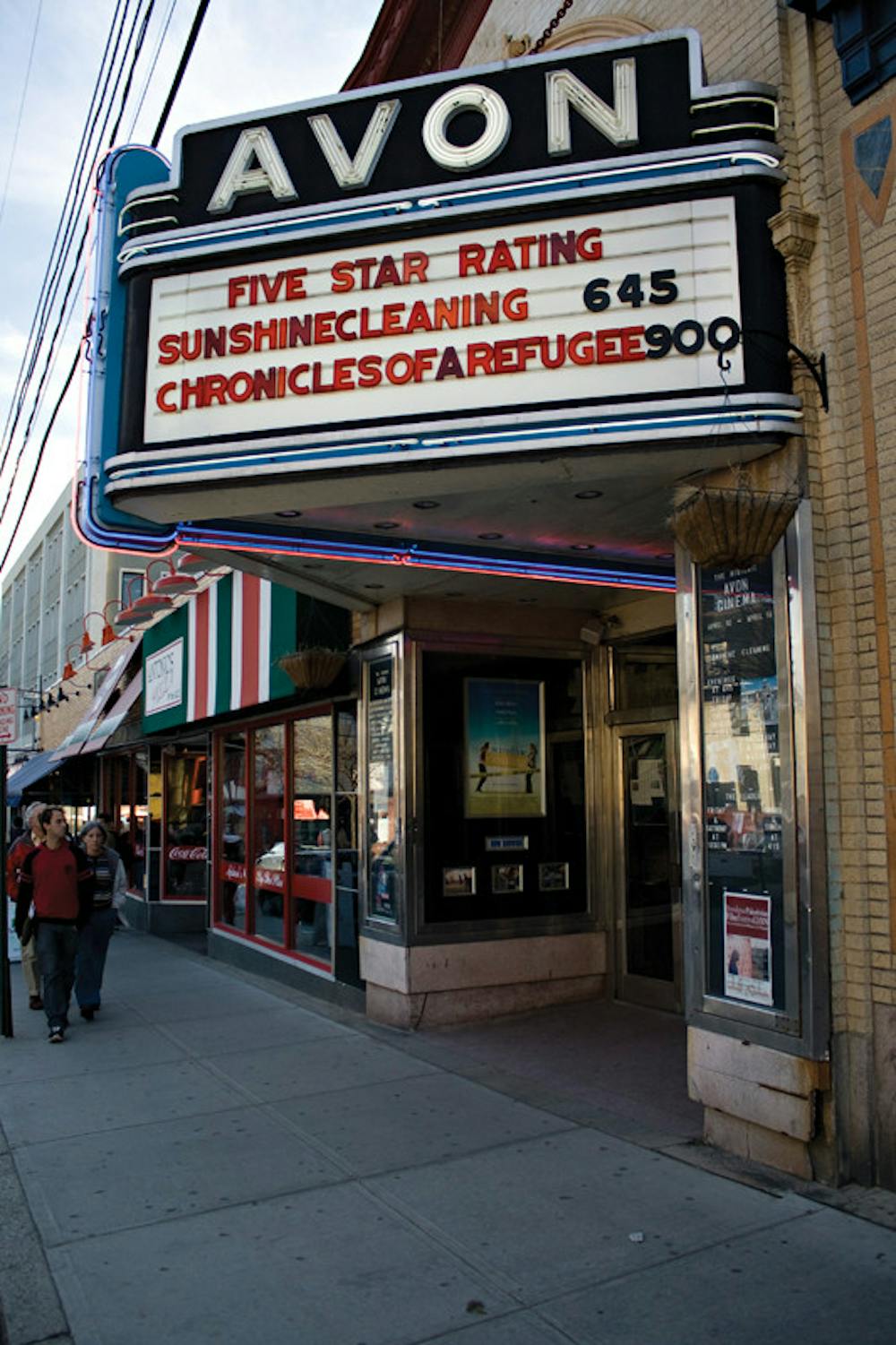Plenty of ink had been spilled about “I, Tonya” before it arrived at Thayer Street’s Avon Cinema, where it is currently enjoying a run. Unsurprisingly, my critic’s log line — that “I, Tonya” is a messy biopic buoyed by stellar performances from its leads — reads like a template into which you could plug and place nearly half of the modern cinematic canon. Nonetheless, the template fits “I, Tonya” like a glove. Margot Robbie and Allison Janney have received critical acclaim from both highbrow media corners and the awards circuit for their portrayals of disgraced Olympic figure skater Tonya Harding and her mother LaVona Harding, respectively. Strip away those performances though, and you are left with a film that fails to properly tap into the storytelling goldmine of one of the most seminal moments of 90s popular culture.
For those who are unfamiliar, “I, Tonya” draws its source from the infamous 1994 attack on the beloved American figure skater (and rival to Tonya Harding) Nancy Kerrigan. Harding’s ex-husband Jeff Gillooly, played by Sebastian Stan, eventually confessed to planning the assault and implicating Harding in the plot. The film relies on interviews from many of the drama’s primary instigators, remagining the incident from Harding’s perspective. Director Craig Gillespie and screenwriter Steven Rogers allow Harding’s life to unfold through a series of talking-head testimonials, which weave together a complicated and ultimately inconsistent portrait of the controversial figure skater and her alleged role in the kneecapping of her competitor.
In forcing audiences to reconsider one of pop culture’s great villains, Gillespie and Rogers move the film into a well-worn cinematic sweet spot — one ripe for a thoughtful character study. Moreover, the existence of a real Tonya and LaVona covers most of the creative heavy lifting, as they provide vivid and wildly singular vessels through which Robbie and Janney can map their presences on screen. Yet “I, Tonya” ultimately disappoints in its narration of Harding’s life, as its attempt to problematize the villainous portrayal of the eponymous athlete leads to an empathy for its protagonist that ultimately feels misplaced, if not necessarily unearned.
“I, Tonya” sites the locus of that empathy in the abusive and antagonistic relationship between Tonya and LaVona. Janney’s portrayal of LaVona is a model of callous malevolence, firing off explicit invectives and often inciting physical harm upon her daughter during her formative years. The film establishes Harding as a perpetual victim of abuse, as her mercurial relationship with Gillooly oftens leaves her bloodied and bruised. This angle of Harding’s life was largely absent from her criminalization in the media, even though it provides deeply rooted cycles of violence that are worth exploring carefully and thoughtfully. Gillespie and Rogers’ darkly comedic approach, however, obscures this pattern of domestic abuse. At times, these many scenes of domestic violence feel like a cheap storytelling trick — a surface tactic employed to suggest that Harding was not guilty of her purported role in the Kerrigan attack, but a superficial one lacking depth.
In its intent to rewrite Harding’s story, “I, Tonya” too often hesitates to question its protagonist’s viewpoint. Though it employs an overlapping perspectival storytelling style, the film often unfairly handles the narratives of every character other than Harding. Though the talking-head perspective is a neat technique that proves sometimes successful and often times quite funny, all “I, Tonya” can muster in its inquisition of Harding is to have Robbie repeat some variation of “it wasn’t my fault.” While these moments feel like a half-hearted attempt to establish Harding as the classically misunderstood antagonist, the film more often leans into the idea that Harding was the real victim of the 1994 attack.
“I, Tonya” still offers plenty to enjoy. The script’s dark and biting humor gives the film a jaunty beat, and Gillespie’s alternating takes on Scorcese and Soderbergh make for entertaining cinema. Moreover, Robbie’s visceral and humanizing turn as Harding provides one of the year’s best performances. Ultimately, though, I left the theater disappointed that a film that had received legitimate Oscar buzz could suffer so many missteps.





